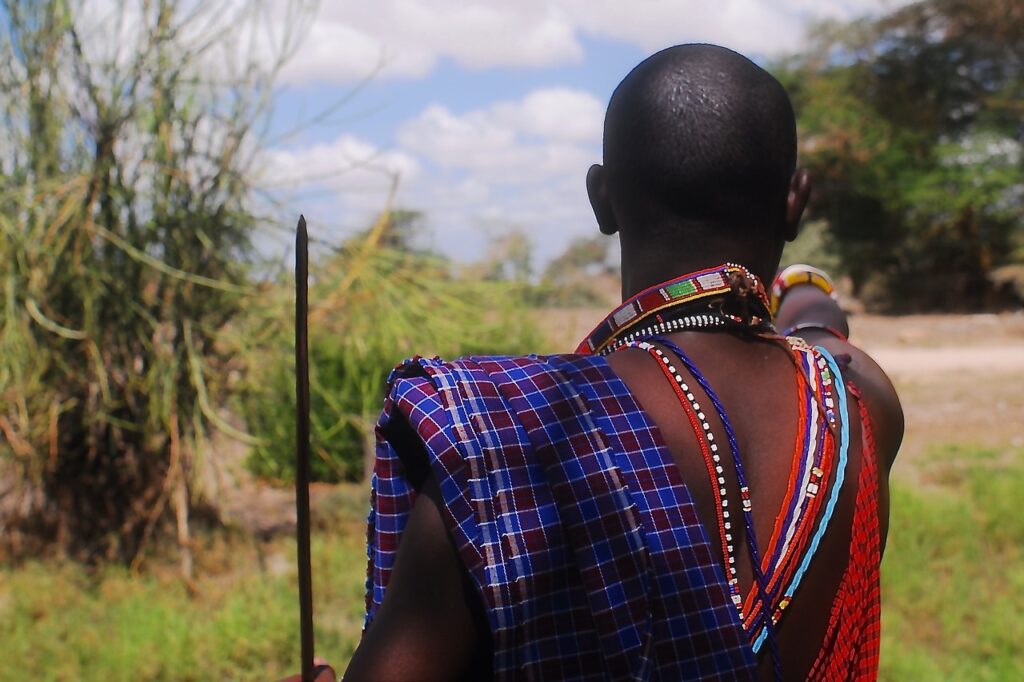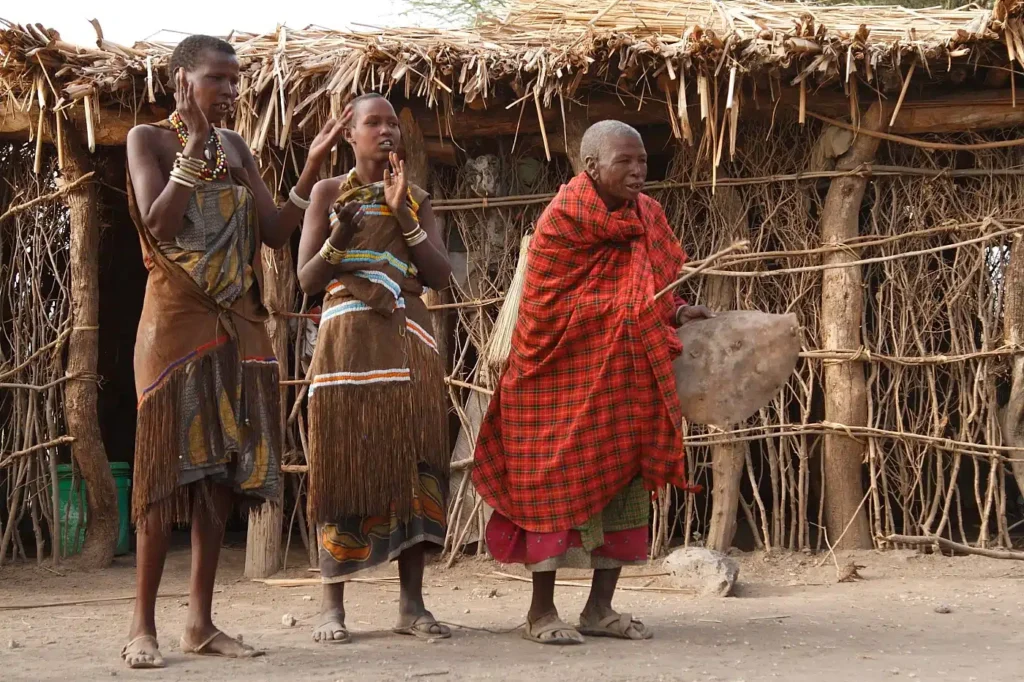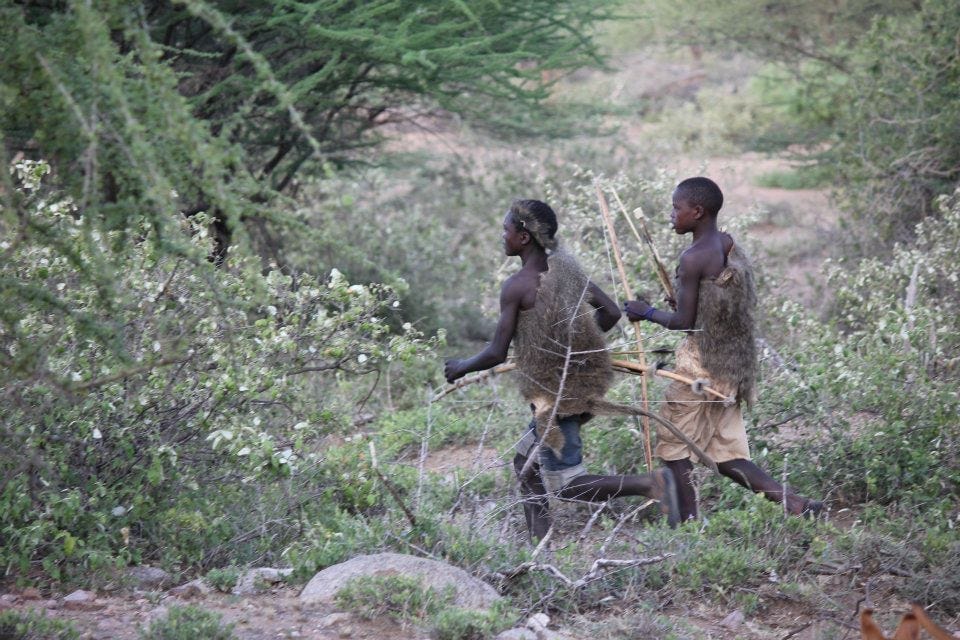

Africa’s diverse wildlife and expansive landscapes have long captivated the hearts and minds of nature enthusiasts worldwide. Central to the preservation and sustainable management of these natural treasures is the invaluable role of indigenous knowledge. Indigenous communities across the continent possess a deep understanding of their environments, honed through generations of living in harmony with nature. At Future African Safari, we recognize the critical importance of integrating indigenous knowledge into wildlife conservation efforts. Join us as we explore how traditional wisdom contributes to effective conservation strategies, fosters community engagement, and ensures the long-term protection of Africa’s rich biodiversity.

Understanding Indigenous Knowledge
Indigenous knowledge refers to the understandings, skills, and philosophies developed by societies with long histories of interaction with their natural surroundings. This body of knowledge is deeply embedded in the cultural practices, traditions, and daily lives of indigenous peoples, offering a holistic approach to environmental stewardship.
- Holistic Perspective: Indigenous knowledge encompasses ecological, social, and cultural dimensions, providing a comprehensive understanding of ecosystems and their interdependencies.
- Sustainable Practices: Traditional practices emphasize sustainability, ensuring that natural resources are used responsibly to maintain ecological balance.
- Adaptive Strategies: Indigenous communities have developed adaptive strategies to cope with environmental changes, demonstrating resilience and flexibility in their conservation approaches.
Key Contributions of Indigenous Knowledge to Wildlife Conservation
Indigenous knowledge plays a multifaceted role in wildlife conservation, contributing to various aspects of environmental management and protection.
1. Habitat Management and Restoration
Indigenous communities possess intricate knowledge of local ecosystems, which is essential for effective habitat management and restoration.
- Traditional Land Use: Practices such as controlled burning, agroforestry, and rotational grazing help maintain healthy ecosystems and prevent overexploitation of resources.
- Biodiversity Preservation: Indigenous land management techniques promote biodiversity by maintaining diverse habitats that support a wide range of species.
- Restoration Projects: Collaborating with indigenous communities in restoration projects ensures that efforts are culturally appropriate and ecologically effective.
2. Wildlife Monitoring and Protection
Indigenous knowledge enhances wildlife monitoring and protection through detailed observations and traditional tracking methods.
- Species Identification: Indigenous trackers can identify and monitor wildlife species based on subtle signs and behaviors that may be overlooked by conventional methods.
- Migration Patterns: Traditional knowledge of animal migration patterns aids in predicting movements and implementing timely conservation measures.
- Anti-Poaching Efforts: Indigenous communities play a crucial role in anti-poaching initiatives by providing local intelligence and acting as stewards of their territories.
3. Conservation Education and Awareness
Indigenous knowledge fosters a deeper connection between communities and their natural environments, promoting conservation awareness and education.
- Cultural Narratives: Storytelling and oral traditions transmit ecological knowledge and conservation values to younger generations, reinforcing the importance of wildlife protection.
- Community Engagement: Involving indigenous communities in conservation education programs ensures that initiatives are grounded in local contexts and gain community support.
- Sustainable Livelihoods: Conservation efforts that integrate indigenous knowledge often include sustainable livelihood programs, reducing dependency on activities that harm wildlife and habitats.
Successful Integration of Indigenous Knowledge in Conservation Projects
Several conservation projects across Africa have successfully integrated indigenous knowledge, demonstrating the effectiveness of this collaborative approach.
1. Maasai Mara, Kenya
In the Maasai Mara, collaboration between conservationists and the Maasai people has led to successful wildlife protection and habitat management.
- Community-Based Conservation: Initiatives that empower Maasai communities to manage their lands have resulted in reduced human-wildlife conflicts and increased wildlife populations.
- Cultural Practices: Traditional Maasai practices, such as rotational grazing, have been instrumental in maintaining grassland ecosystems that support diverse herbivore species.
2. Okavango Delta, Botswana
The Okavango Delta is a prime example of how indigenous knowledge can enhance ecosystem management and biodiversity conservation.
- Water Management: Indigenous knowledge of water flow and wetland dynamics has been crucial in managing the delta’s delicate hydrological balance.
- Biodiversity Conservation: Collaborative efforts with local communities have helped protect endangered species and preserve the delta’s rich biodiversity.
3. Namib Desert, Namibia
In the Namib Desert, indigenous knowledge has been pivotal in sustaining wildlife populations in one of the world’s harshest environments.
- Adaptation Strategies: Traditional practices adapted to extreme aridity have informed modern conservation strategies, ensuring the survival of desert-adapted species.
- Sustainable Resource Use: Indigenous methods of resource use have minimized environmental impact, promoting the long-term sustainability of desert ecosystems.
Challenges and Opportunities in Integrating Indigenous Knowledge
While the integration of indigenous knowledge offers significant benefits, it also presents challenges that need to be addressed to ensure its effective application in wildlife conservation.
1. Recognition and Respect
- Value Acknowledgment: Recognizing and respecting the validity of indigenous knowledge is essential for meaningful collaboration.
- Cultural Sensitivity: Conservation efforts must be culturally sensitive, avoiding the imposition of external values and practices on indigenous communities.
2. Capacity Building
- Training and Education: Providing training and educational resources to indigenous communities enhances their capacity to contribute to conservation projects.
- Leadership Opportunities: Empowering indigenous leaders to take active roles in conservation planning and decision-making fosters ownership and commitment.
3. Policy and Governance
- Inclusive Policies: Developing inclusive policies that incorporate indigenous perspectives ensures that conservation strategies are equitable and effective.
- Legal Frameworks: Strengthening legal frameworks to protect indigenous rights and territories supports the integration of traditional knowledge into conservation efforts.
Future Directions: Enhancing Collaboration for Sustainable Conservation
The future of wildlife conservation in Africa lies in strengthening collaboration between conservationists and indigenous communities. By embracing indigenous knowledge, leveraging technology, and fostering mutual respect, we can create sustainable conservation models that benefit both people and wildlife.
- Technology Integration: Combining traditional knowledge with modern technology, such as GIS mapping and mobile monitoring tools, enhances the accuracy and efficiency of conservation efforts.
- Research and Documentation: Investing in research to document and validate indigenous knowledge ensures its preservation and facilitates its integration into mainstream conservation practices.
- Global Partnerships: Building global partnerships that support indigenous-led conservation initiatives promotes knowledge exchange and resource sharing, amplifying the impact of these efforts.
Experience Collaborative Conservation with Future African Safari
At Future African Safari, we are committed to fostering partnerships that honor and integrate indigenous knowledge into our conservation and safari experiences. Our approach ensures that your safari journey not only offers unforgettable wildlife encounters but also supports the preservation of Africa’s natural and cultural heritage.
- Community Partnerships: We collaborate with local communities to develop sustainable tourism initiatives that benefit both people and wildlife.
- Culturally Enriched Safaris: Our itineraries include cultural interactions and educational experiences that highlight the importance of indigenous knowledge in conservation.
- Sustainable Practices: We implement eco-friendly practices that minimize our environmental footprint and promote the long-term sustainability of the destinations we visit.
Ready to embark on a safari that celebrates and supports indigenous conservation efforts? Contact Future African Safari today to plan your adventure and contribute to the preservation of Africa’s extraordinary wildlife and the invaluable knowledge of its indigenous communities.
Explore more about our safari packages and discover the best of Africa with Future African Safari. Your unforgettable African adventure starts here!

